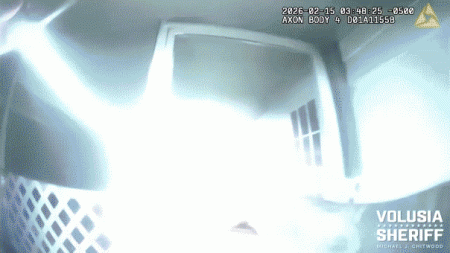In a recent meeting between President-elect Donald Trump and Canadian Prime Minister Justin Trudeau, the tone fluctuated between serious trade discussions and humor, culminating in a provocative suggestion from Trump. During a three-hour dinner at Trump’s Mar-a-Lago estate, the two leaders addressed Trump’s aggressive plan to impose a 25% tariff on Canadian imports, which Trudeau argued could severely damage Canada’s economy. Their conversation reflected the mounting tension surrounding trade relations between the U.S. and Canada, especially in light of Trump’s assertion that the U.S. suffers a significant trade deficit with Canada—something he views as unsustainable.
Trump’s quip about Canada potentially becoming the 51st state highlighted his unconventional style and willingness to provoke, even in delicate diplomatic discussions. This jest was not simply a throwaway comment; it came against the backdrop of serious negotiations over trade and immigration policies. Trudeau’s appeal to Trump to reconsider the proposed tariffs underscored the high stakes involved, as Canada is a key U.S. trading partner. In response to Trudeau’s concerns, Trump suggested that Canada might need to reassess its economic strategies if it relies too heavily on U.S. markets, making light of the situation by framing it as Canada “ripping off” the U.S.
As the conversation lightened, Trump playfully suggested that Trudeau could have the title of governor if Canada were to join the United States. Trudeau reportedly laughed nervously at the comment, reflecting the delicate balance leaders must maintain in diplomatic encounters. The humor, however, was interlaced with seriousness; Trump underscored the expectation of tangible changes in Canadian policy regarding illegal immigration and drug smuggling by the time he assumed office on January 20, a deadline that added urgency to their discussions.
The combination of joking remarks and pointed demands illustrated the complicated nature of U.S.-Canada relations. Trump’s tendency to inject humor into negotiations has raised eyebrows, but it also serves to diffuse some of the tension that accompanies high-stakes economic discussions. The notion that Canada might be split into two states based on political leanings further demonstrated Trump’s inclination to provoke thought and discussion, albeit in a somewhat controversial manner, about the fundamental differences between the two nations.
In the aftermath of the meeting, Trump characterized his interaction with Trudeau as “very productive” on his social media platform, Truth Social. This framing contradicts the underlying tensions evident in their discussions and reflects Trump’s style of presenting a successful image of diplomacy, regardless of the contentious subjects at hand. Such statements are indicative of the ways in which Trump has sought to manage the narrative around his administration’s approach to international relations, particularly regarding trade.
The dinner between Trump and Trudeau showcased the complexities of diplomacy, where humor can coexist with serious negotiations. Trump’s approach, characterized by a mix of jest and pointed criticism, raises questions about the future trajectory of U.S.-Canada relations as he prepares to take office. With looming tariffs and expectations for changes in Canadian policy, the outcome of this meeting remains to be fully seen, leaving both nations in a state of cautious anticipation about the potential shifts in their longstanding trade partnership.











